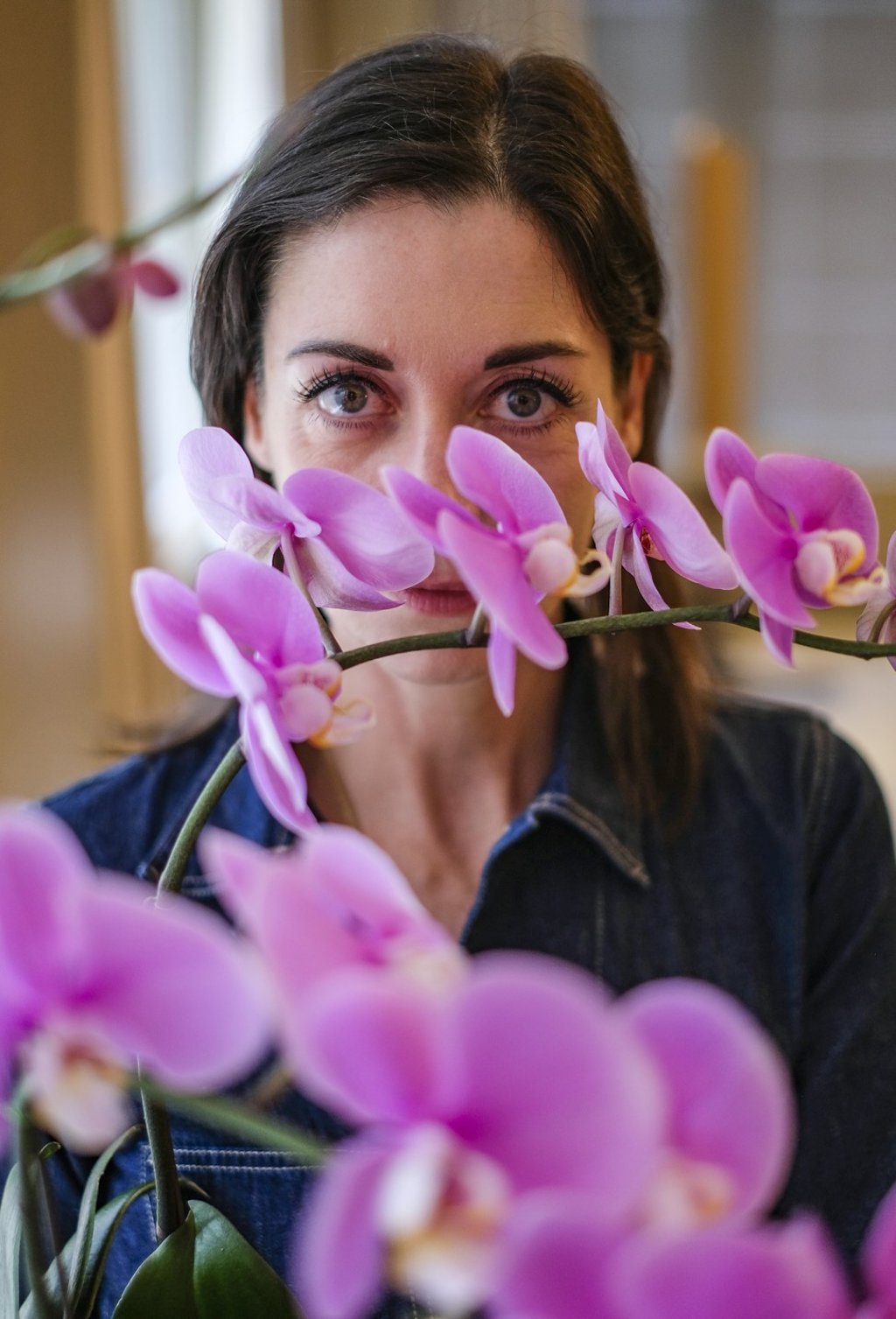Eat less meat, save the planet: how Mary McCartney is continuing her family legacy
- The 49-year-old daughter of Paul McCartney has become an adviser and investor to Green Monday, a start-up that encourages people to eat less meat
- She says her mother Linda wanted to be a voice for animals, and would be so happy about how many people her vegetarianism inspired

Photographer and food writer Mary McCartney has been announced as an adviser and investor to Green Monday, the Hong Kong-based social enterprise geared towards encouraging people to eat less meat.
The 49-year-old daughter of musician Paul McCartney and animal-rights activist Linda McCartney, a lifelong vegetarian who died in 1998, has long advocated for a meat-free diet, but said her latest appointment represents a stepping up of her efforts out of concern for the livestock industry’s negative environmental impact.
“The reports are getting more immediate. The call to action is now,” she said during a visit to Hong Kong as her new role was announced earlier this month. “Rather than being completely overwhelmed and daunted, it’s the way to help if you want to eat less meat. What I love about Green Monday is that it’s quite a straightforward idea. One day a week is very doable.”
McCartney, along with her father and sister Stella, are the faces of the UK arm of the global Meat Free Monday campaign, which, like Green Monday, extols the benefits of giving up meat just one day a week for both improved personal health and lower environmental impact.

When considering the McCartney family’s legacy, it is Paul’s musical career that is likely to be regarded as the most influential worldwide. However, it was Linda’s popularisation and promotion of a vegetarian diet during the ’90s that laid the foundations for one of the defining food movements of the 21st century.